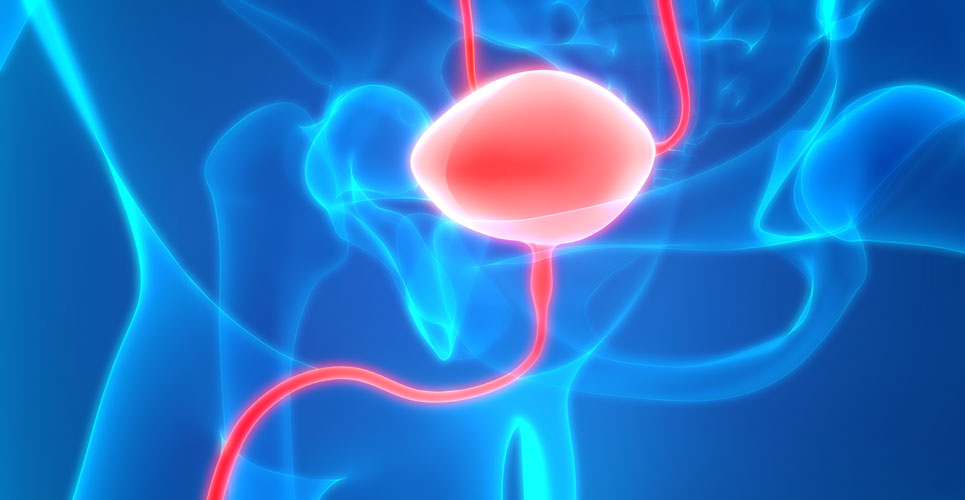In European and US medical guidelines, pentosan polysulphate (PPS) is established as a standard drug for the treatment of the severe chronic bladder disease interstitial cystitis (IC). Now the drug has been awarded the status of an orphan drug from the European Medicines Agency (EMA) for the indication of IC.
IC is a rare or so-called orphan disease. The drug substance PPS has been officially registered as an orphan drug for this indication by the European Medicines Agency, EMA. “Receiving orphan drug status for pentosan polysulphate in the European Union is a great success for bene,” says CEO Dr Guenter Auerbach. “To be able to offer patients with rare but serious conditions innovative medications in the area of urology is an important milestone for the future of our company.”
IC is a severe chronic bladder disease that substantially reduces quality of life. Affecting less than two patients per 10,000 people on average and being associated with a large degree of suffering, the condition has been officially recognised as an orphan disease. For those affected by the condition, it means very frequent and painful urination, as well as severe pain in the lower abdomen.
The causes of this chronic disease include damage to the bladder lining, affecting the glycosaminoglycan (GAG) layer in particular. As a result, the protective effect of this layer is reduced, and toxic constituents of urine are able to penetrate into underlying tissue layers and cause tissue irritation or inflammation.
In European and US medical guidelines, pentosan polysulphate is specified as a standard drug for the treatment of IC. Due to its structural similarity to glycosaminoglycans, PPS is able to rebuild the damaged GAG layer of the bladder, thus preventing harmful substances from penetrating into the underlying tissue layers. In addition, PPS also promotes the inhibition of the release of the tissue hormone histamine, thereby reducing the accompanying symptom of inflammation caused by the disease.

